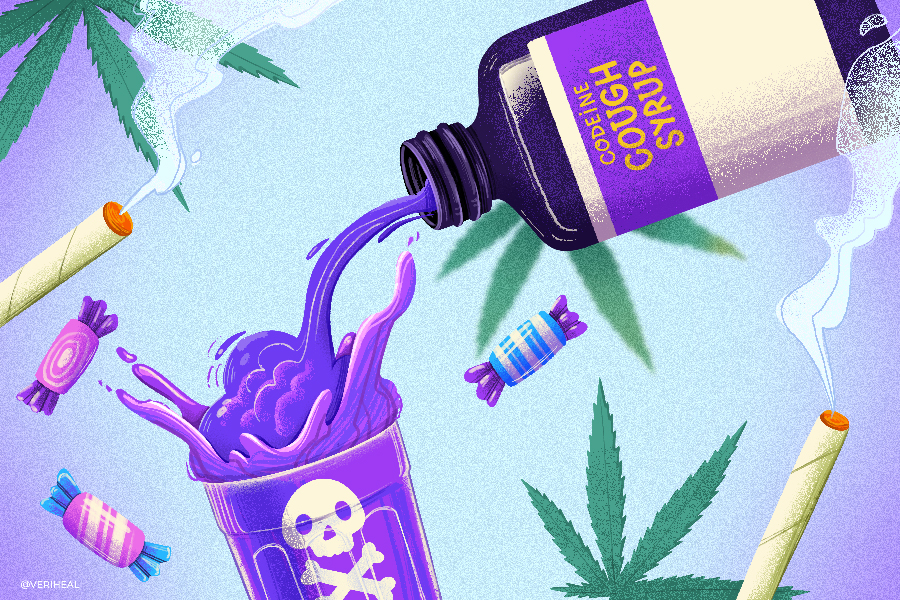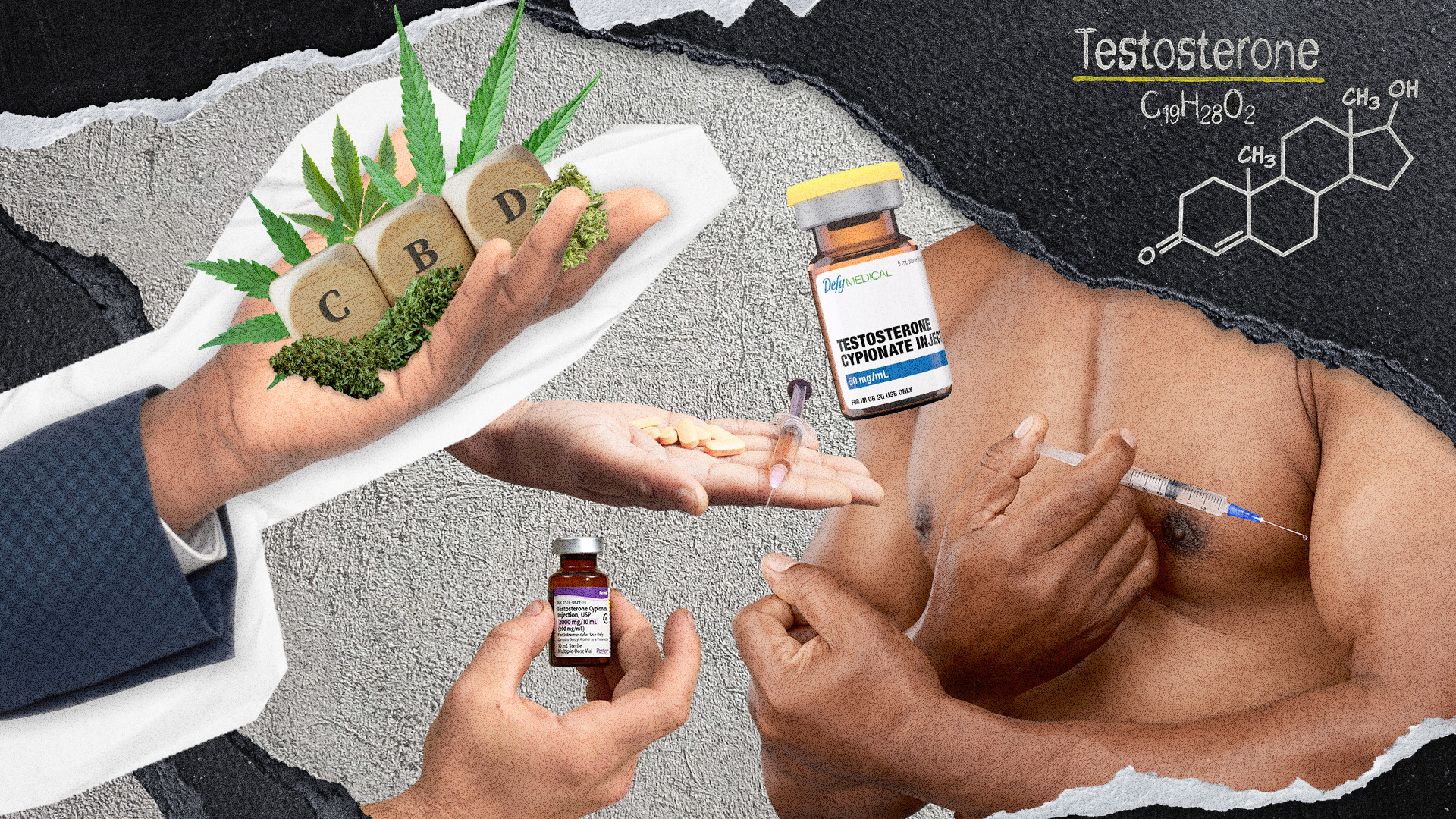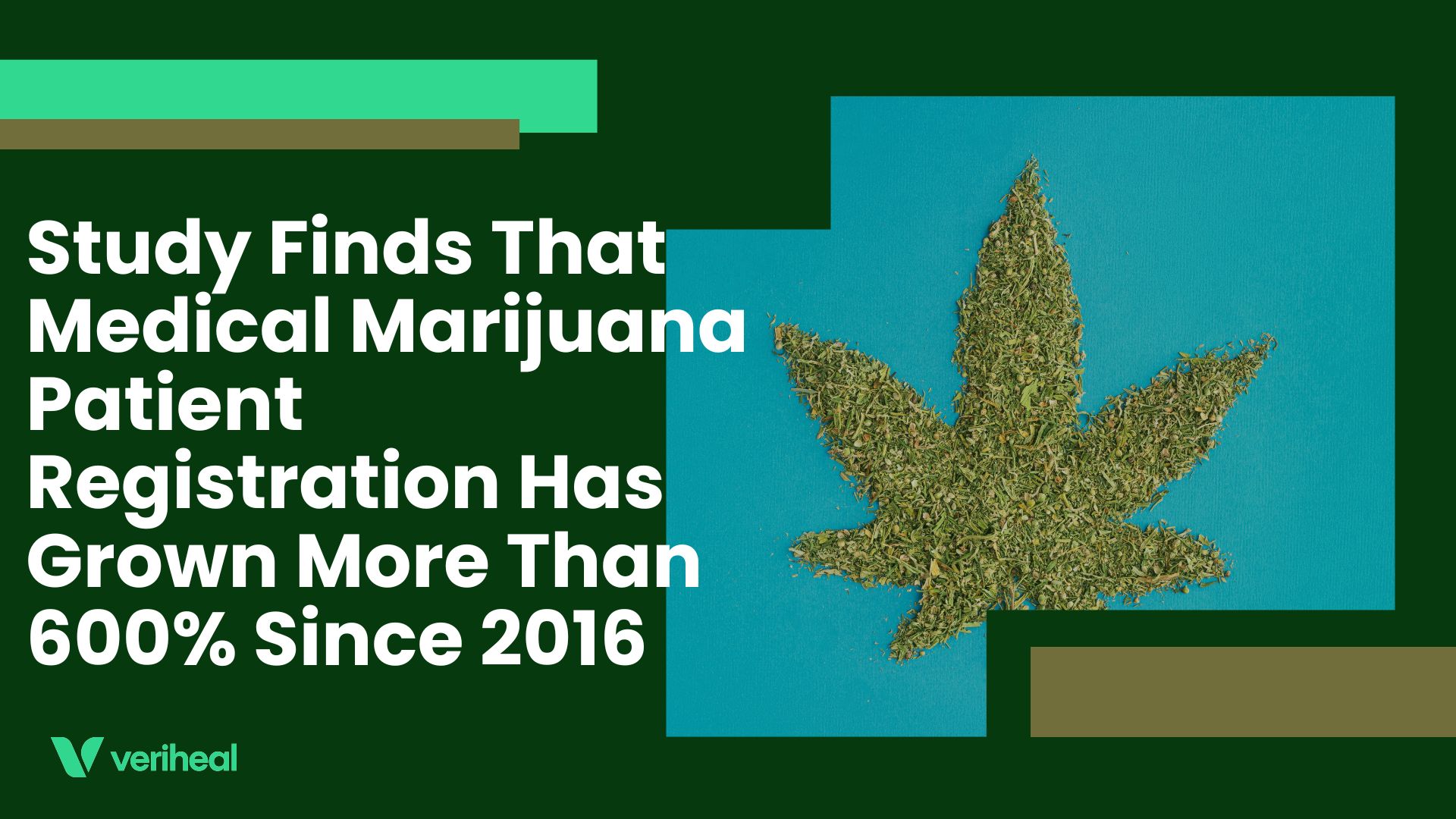Cannabis is notoriously combined with other substances, and of those combinations, few have been the topic of research. We have seen plenty of research on cannabis and alcohol, cannabis and cigarettes, etc…but now, a recent study has brought to our attention the risks of a combination that is more common than one might think: cannabis and codeine. The team of researchers suggests that cannabis use is associated with increased odds of codeine use—but under what circumstances, and is that always the case? Let’s find out.
What Is Codeine?
Before getting into the relationship between cannabis and codeine, one needs to understand what codeine is and its significance. Codeine is a type of medication used to alleviate mild to moderate pain and belongs to the opioid analgesics class of drugs. Codeine can be consumed as a pill or as a syrup and works “in the brain to change how your body feels and responds to pain.”
Codeine is a strong opioid-based drug, which means that there is a high risk of abusing the medication as well as becoming dependent on and addicted to it. Codeine has also gained somewhat of a reputation as a fun, recreational drug and has even been featured in popular songs (e.g., Codeine Dreaming by Kodak Black feat. Lil Wayne)—all of which is contributing to the worldwide opioid crisis by romanticizing codeine.
Glamorizing Codeine
A 2020 study was conducted by a team of researchers who investigated how hip-hop music was glamorizing the non-medical use of opioids, specifically codeine. The study refers to a popular drug combination of promethazine mixed with codeine that has come to be known as “lean.”
The study lists songs and lyrics that feature codeine being combined with cannabis, and one of those songs, Gasolean by 2 Chainz, features the lyrics: “Yeah, I’m on that gas/And yeah, I’m on that lean/We mix it all together and we call it gasolean.” The study acknowledges “gas” as being another word for marijuana.
The study emphasizes the problem with glamorizing codeine by explaining that “the hip-hop music audience is primarily comprised of youth who often represent vulnerable and socially disadvantaged populations.” An example of this negative influence is Zimbabwe and its codeine consumption crisis. The situation is so bad that Zimbabwe is under threat of losing half its youth population due to the youths’ impressionability of hip-hop music and its associated lifestyle.
Cannabis and Codeine
Researchers Ria Garg, Kam Shojania, and Mary De Vera conducted a cross-sectional study using data from the Canadian Tobacco, Alcohol and Drugs Survey (2017) to evaluate “the association between the use of cannabis and codeine.” The study was published this year (2022) and begins by explaining that one out of four Canadians aged 15 years and older are using opioid therapy, like codeine, to alleviate their pain.
Why You Should Get Your Medical Marijuana Card
Veriheal has satisfied millions of patients nationwide by giving them access to these benefits
- Larger purchase limits
- Peace of mind
- Enhanced legal protection
- Access to higher potency strains
- Save up to 25% on cannabis purchases
- Skip the line at the dispensary
The Relationship Between Cannabis and Codeine
The study’s sample size included 15,459 individuals, after having excluded 890 participants with invalid responses. Of those participants, 21.6% (3,338) reported having used cannabis in the last year, and the researchers explain that self-reports of illicit drug use were greater among this population who reported on their use of cannabis. They also found that codeine use was higher “among individuals who reported use of cannabis (14%) in comparison to those who did not report use of cannabis (8%)”.
Additionally, the researchers found that those who reported having used cannabis weekly, or more frequently, were also associated with greater use of codeine (55.4%) when compared to those who did not report using codeine (36%). Lastly, the team found that “among individuals who reported use of codeine, a higher proportion also reported use of cannabis for medical purposes (61.6%), in comparison with those who did not report use of codeine (32.1%).”
The Dangers of Combining Cannabis and Codeine
Precautions highlighted by WebMD on the use of codeine include a warning about combining codeine with cannabis, which can “make you more dizzy or drowsy.” However, the risks associated with combining both are far more serious than dizziness or drowsiness. Consuming codeine as a recreational substance on its own can result in drowsiness, lightheadedness, dizziness, sedation, shortness of breath, nausea, vomiting, sweating, constipation, and a high risk of overdose, according to the American Addiction Center.
Many people are under the impression that codeine “is relatively harmless compared to other opioids,” but in high enough doses, it can lead to respiratory failure, coma, and even death. While cannabis is not necessarily classified as a depressant drug, certain compounds in cannabis can “depress the central nervous system and cause side effects…” which significantly increases the risk of those aforementioned severe reactions.
When cannabis is combined with codeine, the central nervous system undergoes exacerbated suppression, which can then result in elevated symptoms of anxiety and depression and has been linked to increasing the likelihood of misusing other prescription drugs or any other substance that can provide or contribute to their high.
It is also important to understand that there is little research available on the effects of mixing cannabis and codeine, but there are suggestions of their serious adverse effects when combined in addition to what has already been mentioned, such as increasing the risk of acute coronary events, reduced heart rates, reduced breathing rates, extreme confusion, memory loss, poor judgment, and even aggression.
Skip the Cannabis-Codeine Concoction
Combining cannabis and codeine may seem like a good idea due to its popularity among celebrities and influencers. Or maybe you think that combining two powerful painkillers is more effective as a result of not understanding how they may negatively interact. However, it is important for people to understand that there are serious risks involved with this practice.
The anecdotal reports and educated suggestions of their adverse effects when combined should be enough to warrant caution. While it is not clear how cannabis consumers are more likely to consume codeine, the fact that this particular relationship exists needs to be made well-known for physicians and patients to better understand it.
Author, Share & Comments
















